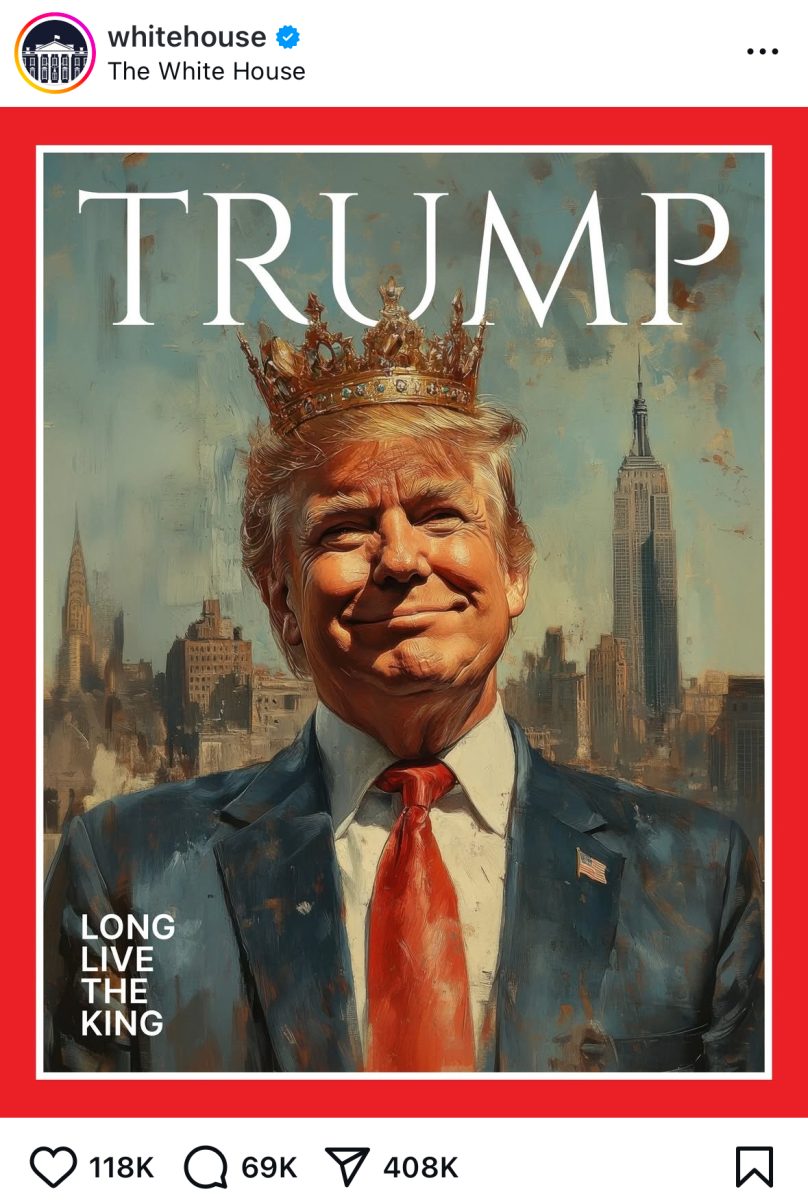Being from Washington D.C., I have heard the city be called “the gridlock” more and more recently. There are two main reasons for this: First, the traffic is terrible. Second, and more importantly, Congress is divided, unproductive and locked in partisanship. Nothing better encompasses this than the Tuberville Blockade.
Over the past few months, Sen. Tommy Tuberville (R-Ala.) has made headlines for objecting to roughly 300 military nominations and promotions.
Tuberville’s motivation is to protest a new Department of Defense policy that pays travel expenses for service members who need to go out-of-state to have an abortion. One of the nominations he blocked happened to be the Marine Corps commandant, who, thankfully, was recently confirmed this past week after Majority Leader Chuck Schumer (D-N.Y.) forced a floor vote. However, the time the Marine Corps spent without a leader was the first such time since before the Civil War.
How is it possible that one individual holds so much power in Congress? Tuberville has been utilizing, or rather abusing, a senatorial procedure known as a hold — which empowers senators to delay, more deeply investigate or even negotiate with other senators regarding nominations or bill proceedings. Holds are a common, and quite frankly, useful procedural tool that fosters negotiation and bipartisanship.
As they say, with great power comes great responsibility.
Tuberville’s blockade exemplifies a trend within politics. Common and useful procedural tools are now being abused and manipulated. What was supposed to be a tool used to encourage conversation and compromise has now been turned into a hostage negotiation with our country bearing the harm.
Regardless of your political alignment, it should be universally understood that actions like Tuberville’s are unacceptable. Politics in the United States, and more specifically in Congress, have become more and more like hostage negotiations — inflexibility has stalled our nation’s progress. In the case of Tuberville, much-needed military nominations and promotions are hindering and impeding upon the crucial military chain of command. More recently, that same uncertainty brought the government to the brink of a shutdown.
As this blockade continues, it is apparent that the solution does not lie within Congress but rather a cultural movement within society. It’s a call for us to stop pointing fingers, stop discussing politics to win and instead foster political conversation with the goal of compromise and understanding.











